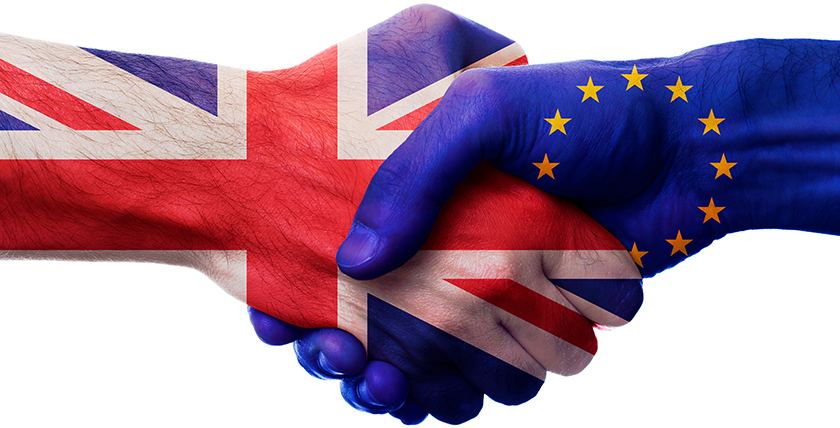-
-
- Council Members
- Role of Council Members
- Council meetings
- Council elections
- Previous election results
- Dr Louise Allum
- Dr Sam Bescoby
- Dr Andrew Clemence
- Dr Tshidi Gardiner
- Dr Reginald Godwin
- Paddy Gordon
- Dr Danielle Greenberg
- Dr Gerard Henry
- Dr Richard Hillman
- Dr Benjamin Kennedy
- Dr Tom Lonsdale
- Dr Darren Partridge
- Martin Peaty
- Alison Price
- Dr Peter Robinson
- Dr Jennifer Simmons
- Dr Sadie Spencer
- Dr Mary Thomas
- William Wilkinson
- Dr Lara Wilson
- Past-Presidents
-
-
-
-
-
- About extra-mural studies (EMS)
- EMS requirements
- Information for vet students
- Information for EMS providers
- Information for vet schools
- Temporary EMS requirements
- Practice by students - regulations
- Health and safety on EMS placements
- EMS contacts and further guidance
- Extra-mural studies fit for the future
-
-
- Code of Professional Conduct for Veterinary Surgeons
- Code of Professional Conduct for Veterinary Nurses
- Contact the Advice Team
- XL Bully dog ban
- 'Under care' - guidance
- Advice on Schedule 3
- Controlled Drugs Guidance – A to Z
- Dealing with Difficult Situations webinar recordings
- FAQs – Common medicines pitfalls
- FAQs – Routine veterinary practice and clinical veterinary research
- FAQs – Advertising of practice names
- GDPR – RCVS information and Q&As
The European veterinary profession remains united
31 January 2020
To mark the departure of the UK from the European Union later today, the Presidents of the Federation of Veterinarians of Europe, Royal College of Veterinary Surgeons and British Veterinary Association have issued the following joint statement.

The UK is leaving the European Union, but the European veterinary profession remains united. We will continue to work together to ensure that veterinarians in all European countries can give the highest possible standards of care to their patients and continue to look after animal health, animal welfare, public health and the environment, all over Europe, including the UK.
Whilst the fact that the UK has chosen to leave the EU will have implications for animal health and welfare, we are at least reassured that it does so under a Withdrawal Agreement, which should help to mitigate Brexit’s impact upon our profession.
The Withdrawal Agreement’s provision for the continued mutual recognition of professional qualifications, at least until the end of the transition period in December 2020, mitigates Brexit’s negative impact upon our members’ ability to be trained, to work and to educate the next generation of veterinarians across Europe’s borders.
We must also remember that animal pathogens do not respect borders, so standards for animal health, animal welfare, public health, access to veterinary medicines, disease control, foodchain security and environmental protection must be maintained.
As such, we call on the UK government and the EU institutions to do whatever is necessary, via the negotiation of pragmatic solutions, to ensure that the European veterinary profession can continue to look after animal health and welfare, and public health to the highest possible level beyond the end of the transition period.
The UK, through the British Veterinary Association (BVA) and the Royal College of Veterinary Surgeons (RCVS), will remain a member of FVE. The whole European veterinary community will be united in London, in June 2020, for the FVE General Assembly.
We will stand together, and work together, to assist each other in these challenging and changing times.
Dr Rens van Dobbenburgh DVM, FVE President
Dr Niall Connell MRCVS, RCVS President
Dr Daniella Dos Santos MRCVS, BVA President